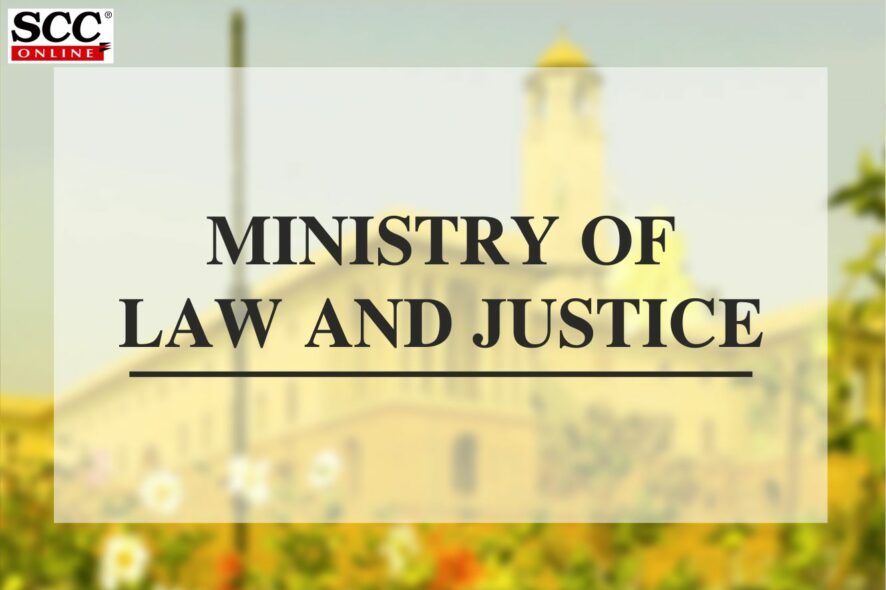On 30th March, 2022, Central Government passed Finance Act, 2022 for the financial year 2022-2023. Finance Act will be effective from 1st April 2022.
Key Changes:
Government adopts the following changes in direct and indirect taxes:
Taxes on Individuals–
Rates of Income Tax-
- Income-tax shall be charged at the rates specified in Part I of the First Schedule of the Act and such tax shall be increased by a surcharge.
- Income Tax will be increased by a surcharge for every individual or Hindu undivided family or association of persons or body of individuals, whether incorporated or not, or every artificial juridical person.
- The surcharge on long term capital gains arising on transfer of any type of assets at 15%. Earlier 15% surcharge was only on long term capital gain on the sale of listed equity or mutual funds.
Covid-19-
By Amendment in Sec. 56 of Income Tax Act, Government as allowed exemptions in cases where an individual has received any amount for the purpose of meeting out medical expenditures caused due to the illness of Covid-19, from employer of that person or from any other person, received within twelve months from death of that person, will be exempted from the taxes. These provisions will be effective in retrospective nature 1st April, 2020.
Virtual Digital Asset:
- Section 3 of the Act introduces Virtual Digital Asset (VDA) as a taxable asset under Income Tax Act, 1961.
- VDA shall include assets/tokens which are generated through digital representation, cryptographic means, or any other means defined in 2 (47-A) of the Income Tax Act, 1961.Virtual Digital Assets will include prevailing crypto-currencies and non-fungible tokens (NFTs).
- Virtually generated assets which are not part of Indian currencies are widely called Crypto-currencies. They inherit value or functions as a store value which can be traded electronically.
- 1st April, 2023 onwards, VDA will be taxed at the rate of 30% under Section 115-BBH of the Income Tax Act. Such crypto currencies will be identified as virtual assets. Income earned out of these assets will be of taxable nature and charged at the rate of 30%.
- No set off of losses from “transfer” ( 2 (47) of Income Tax Act, 1961) of the virtual digital asset computed shall be allowed against income computed under any provision of this Act. Losses from these assets can not be balanced out from profits of arising of such other assets. Carry forward of such losses to subsequent years is not allowed.
- Section 115-BBH does not cover cases where VDA has been held as a trading asset and income from transfer is taxable under the head of business or profession.
Specified income of certain institutions:
Any trust, educational institution, hospital, or other medical institutions, will be charged at the rate of 30% on “specified income”. Introduced under Sec. 115-BBI, Specified Income, shall mean income accumulated or set apart in excess of 15% and other source of incomes specified under Sec. 10 of Income Tax Act.
Tax on Updated return:
By, newly inserted provision, Section 140-B, when no return has been filed by the taxpayer, the assessee shall be liable to pay such tax together with interest and fee payable under any of the provisions of this Act. The taxpayer can now file an updated return.
Deduction in Pension Scheme of Central Government:
By Amendment in Sec. 80-CCD, both Central and State government will now be claiming Pension Scheme (NPS) with retrospective effect from 1st April, 2020. Deduction in computation of his total income will be made in the account will be allowed to the assessee.
Procedure where an identical question of law is pending before High Courts or Supreme Court:
Where any case is pending, regarding assessment year is question of law, before the jurisdictional High Court under Sec. 260-A or the Supreme Court in an appeal under Sec. 261 or under Article 136 of the Constitution, Principal Commissioner or Commissioner will direct the Assessing Officer as to the treatment of the appeal under Sec. 158-AB.
National Faceless Assessment Centre:
By modifying Section 144-B of Income Tax Act, Faceless Assessment of Taxes to assessment unit through an automated allocation system will be assigned by NFAC.
The National Faceless Assessment Centre shall-
- upon receipt of acceptance from the eligible assessee
- when no objections are received from the eligible assessee, within the period covered under Sec. 144C.
Deduction in respect of maintenance including medical treatment of a dependant who is a person with disability-
Effective from 1st April, 2023, Sec. 80-DD of Income Tax Act is amended to provide relief to disable persons by paying annuity or lump sum amount for the benefit of a dependant.






